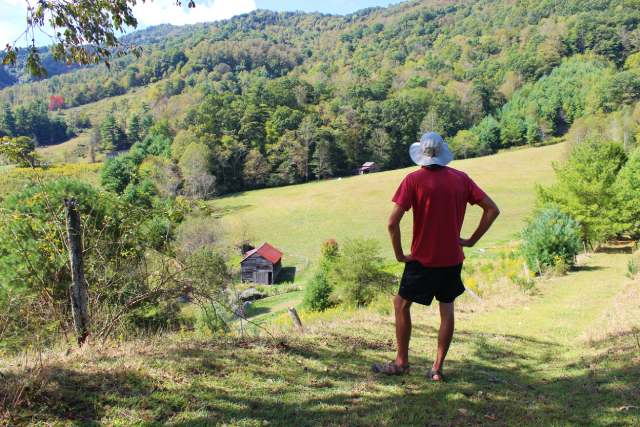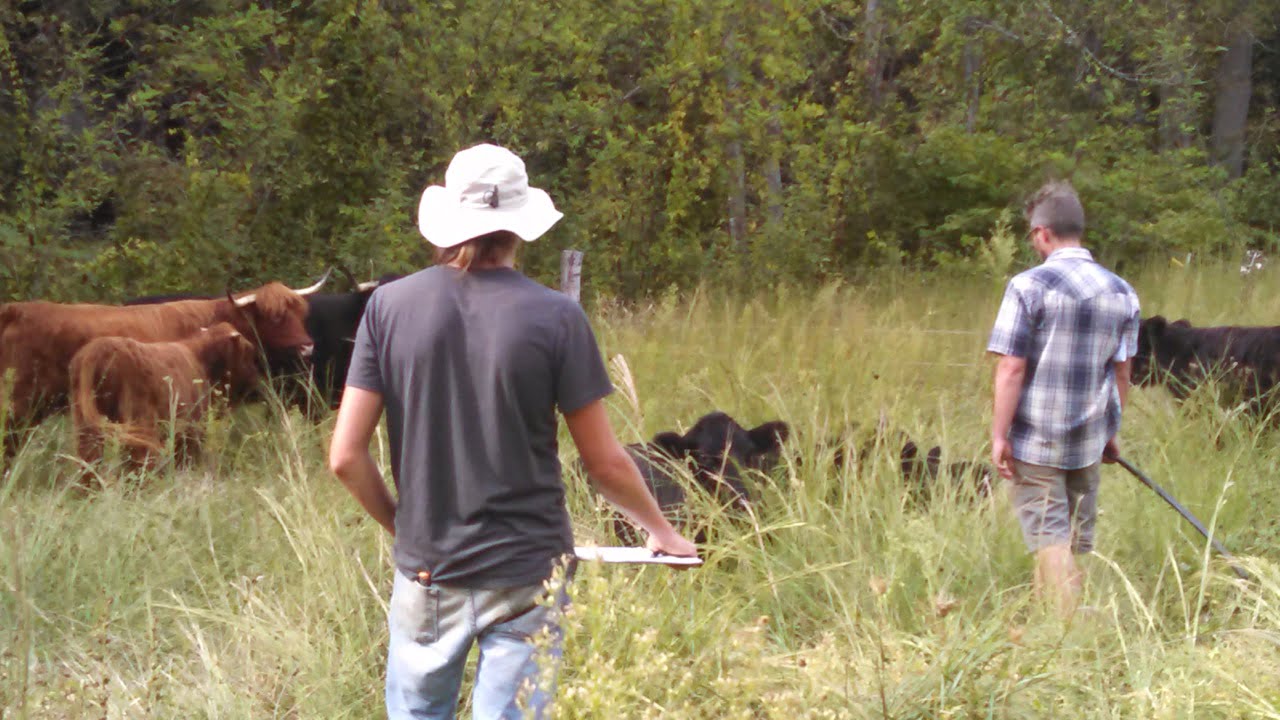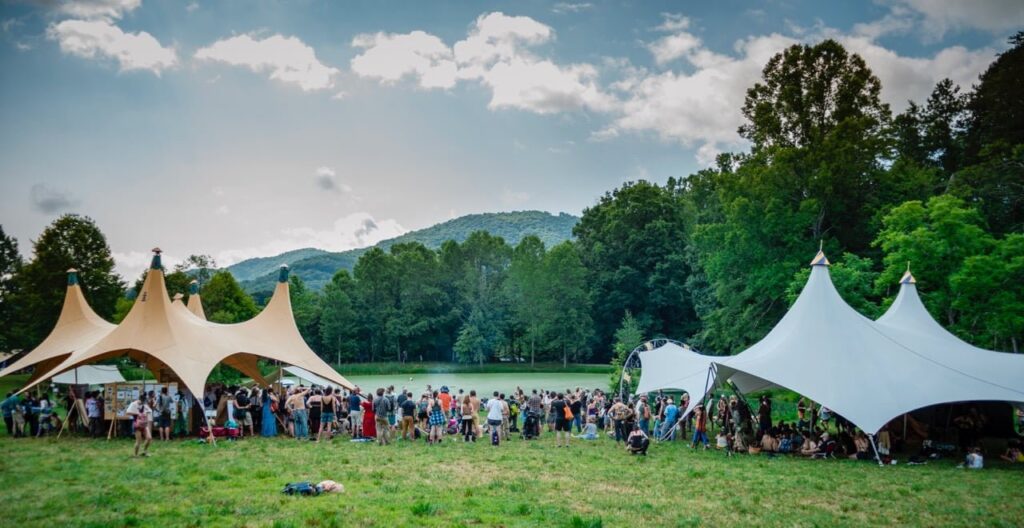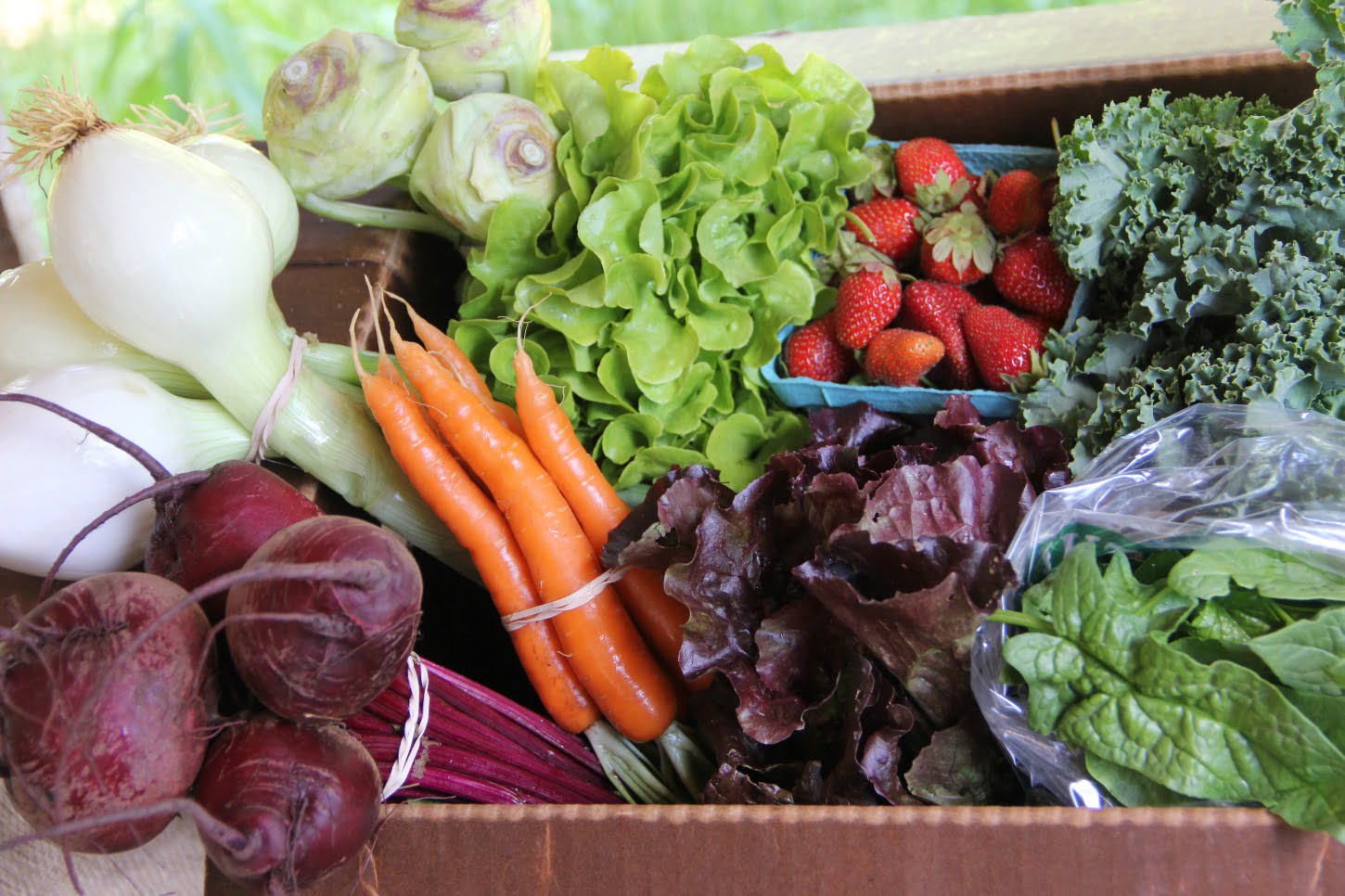
There are lots of ways to make money while living off the land. They range from relatively passive, to highly intensive. Some involve bringing people to your land, while others involve bringing the fruits of your land to where people are who want them. As you consider these options, think about what you enjoy spending your time doing, not just about how much money you could make. And, keep in mind that working the land is still work! For many folks the ideal scenario involves some creative combination of various endeavors, and possibly some outside work too.
Relatively passive ways to make money off the land
Lease of rangeland or cropland
This means renting out your land as it is, with little or no responsibility for upkeep on your part. Of course, the specifics of such an agreement are up to you, but generally leasing land for agriculture puts the land management role into the hands of the leaser/renter.
It’s one of the easiest ways to make passive income from land, especially if you’re not actively using all of it yourself. You might lease to a neighboring farmer, a rancher with livestock, or a small-scale regenerative agriculture business.


Sale of timber rights (someone else does the logging)
Logging companies will survey forested land and make a bid on the value of timber there. Typically a landowner will get a small percentage of the total amount. If you choose this route, be sure to work with a logging company and forester who consider sustainable timber harvest practices and conservation of habitats and waterways.
Timber sales can offer a significant one-time boost of income, but they should be planned carefully with long-term forest health in mind.
Moderately passive ways to make money off the land
Rental of land for events (sporadic rentals)
Some examples of such events are: photo shoots, weddings, retreats, summer camps, family reunions, etc. If you have some basic infrastructure (a bathroom and some covered areas), you’ll be able to get more from event rentals. More infrastructure will usually fetch a better fee (i.e. kitchen, sound equipment, table and chairs, etc.) You’ll also need parking space for a large number of people.
This kind of income is seasonal in many regions but can be quite lucrative, especially if your property has beautiful views or unique features.


Rental of housing or buildings (either short or long term)
Lots of folks think of renting houses as passive income. It’s not, exactly. As a landlord, you’re responsible for upkeep of buildings, plus you’ll be managing rental/lease agreements, etc. In order to make this option more passive, you can hire a rental agency or individual to deal with management, but then you end up earning less money. Short term rentals (i.e. AirBnB, etc.) have the potential to generate more income, but require a lot more legwork and coordination. Plus, you’ll need to provide furnishings for short term rentals. You could also convert barns or cabins into rustic lodging experiences for guests interested in off-grid living or agritourism.
More Intensive ways to make money off the land
Farming commercially (vegetables, animals, tree crops, mushrooms, etc.)
Most people think of farming first when they imagine making a living off the land. It can be a great way to earn a living while living your dream. Keep in mind that farming is usually not a high-paying job, especially if you break it down to an hourly wage. However, if you’re doing what you love to do and you’re producing lots of food for yourself and your family, farming can feel very rewarding and is the right choice for some.
Key considerations when you’re contemplating starting a farm business are: What will you produce for sale? Who will you sell to? Is this product (or products) already available locally? Will you need any special equipment, including refrigerated storage, for your operation? Do you have experience producing this/these crops, and if not, where will you gain the skills?
Small-scale organic farming, permaculture gardens, mushroom cultivation, and value-added goods like canned produce or herbal teas are all options worth considering. Interested in learning how? Check out our Gardening & Permaculture Courses!


Foraging commercially
The idea of a commercial forager might seem strange at first, but it’s actually becoming a realistic way of making a living in many areas. The key is not just abundance of plants, mushrooms, etc. to forage, but access to markets. It’s easier to make money foraging when you’re close to an urban center of some size. Many commercial foragers sell their harvest to restaurants, some sell at farmer’s markets, others sell to commercial herbal medicine companies, or make and sell their own herbal products.
If you’re curious about how to forage responsibly and use what you gather, consider our Wildcrafting and Medicine Making Herbalist Class as a first step.
Running events and/or retreats
This means doing all the organizational work, along with providing the space and facilities. In most cases, this option isn’t something for one person to take on by themselves. In order to run successful events, you’ll need to spread the word and get folks to come. As with commercial foraging, it can help to be relatively close to an urban center to make this work. On the other hand, if you’re location is extremely remote, specific types of events like meditation and wilderness retreats might be well suited to your situation. Variations on this idea include running a school, a homeschool enrichment program, or a child care program. You’ll likely need insurance, a business license, and some staffing support depending on the scale and scope of your offerings.
Agro/eco tourism
More and more people are wanting to combine their vacations with an enriching experience. Also, folks are beginning to take an interest in where their food comes from and how the natural world works. Providing tours and excursions as a part of your operation can help bring in extra money. Agro/eco tourism can be combined with commercial farming and foraging, events and retreats, and short-term rentals. Here, too, it’s important to ask yourself who will be coming and how you’ll get the word out.
To learn more about living off the land using permaculture principles, check out our extensive resource: How to Live off the Land: A Permaculture Guide
Can You Live off the Land with No Money?
It may sound far-fetched, but people do begin living off the land with very little—or even no—money. This often involves bartering for land access, working in exchange for housing, or partnering with others who already own land. You might start by caretaking rural property, living communally, or camping in regions that permit it. Growing your own food, collecting rainwater, and using salvaged or natural building materials can significantly reduce costs. While living off the land with no money is possible, it usually requires strong skills, a supportive community, and a lot of resilience.
Is Living off the Land Legal?
In most places, it is legal to live off the land—but there are important regulations to be aware of. Zoning laws often dictate whether you can live permanently on certain parcels, especially if you’re building tiny homes, yurts, or off-grid structures. Building codes may require plumbing and electricity, while some areas have restrictions on composting toilets or graywater use. Additionally, laws around water rights, hunting, and land access vary widely. Research your local and state regulations thoroughly before making the leap. Being informed ensures your dream of off-grid living stays both sustainable and legal.
What Does Living off the Land Mean Today?
Traditionally, living off the land meant growing and foraging for your own food, building shelter, and meeting your needs directly from nature. Today, it still means that—but it can also include blending modern tools and markets with a self-sufficient mindset. Many people now incorporate permaculture, renewable energy, and small-scale entrepreneurship into their version of off-grid living. Whether you’re selling mushrooms at a farmer’s market, running an eco-tourism business, or simply raising chickens and gardening for your own table, living off the land means relying more on nature—and your own hands—and less on conventional systems.
Can Any Land Be Used for Off-Grid Living?
Not all land is ideal for off-grid living. Factors like access to water, soil quality, sun exposure, and local building regulations play a huge role in determining whether you can live sustainably and independently. Land that looks remote or affordable may have hidden limitations, such as difficult terrain or a lack of year-round access. Before buying or moving onto land, assess what resources it offers and what legal restrictions may apply. Some municipalities even prohibit full-time residence on unpermitted structures or land without a septic system. The key is to match your vision with the right piece of land.
FAQs About Making Money While Living Off the Land
The best way to make money with land depends on your location, skillset, and goals. Passive options like leasing your land or renting buildings require less day-to-day labor. Active options like farming, foraging, or hosting retreats offer greater autonomy but more work. Many people blend several income streams to maximize their earning potential.
Yes, there are several ways to earn passive income from land. These include leasing cropland, renting out cabins or structures, hosting events seasonally, or selling timber rights. Keep in mind that most of these still require occasional oversight, maintenance, or marketing.
Start by evaluating your land’s resources: water, sunlight, soil, infrastructure, and access. Learn the skills you’ll need—gardening, animal care, foraging, construction, and business basics. Building relationships with nearby communities can also provide support and outlets for trade or income.
Yes. Some people live off the land as caretakers, renters, or members of intentional communities. Others trade labor for housing or share land with family or friends. Legal arrangements and trust are key in any situation where you don’t hold the deed.
It’s possible to live sustainably on as little as 1-2 acres, especially if you focus on intensive gardening, vertical growing, and raising small animals. However, larger plots offer more options for livestock, woodlot harvesting, and income diversification. What matters most is how you use the land, not just how much you have.
Take the Next Step Toward Living Off the Land
To learn more about living off the land using permaculture principles, check out our extensive resource: How to Live off the Land: A Permaculture Guide. You can also deepen your skills and confidence through our hands-on programs like the Permaculture Design Certification Course or Wildcrafting and Medicine Making Herbalist Class.

